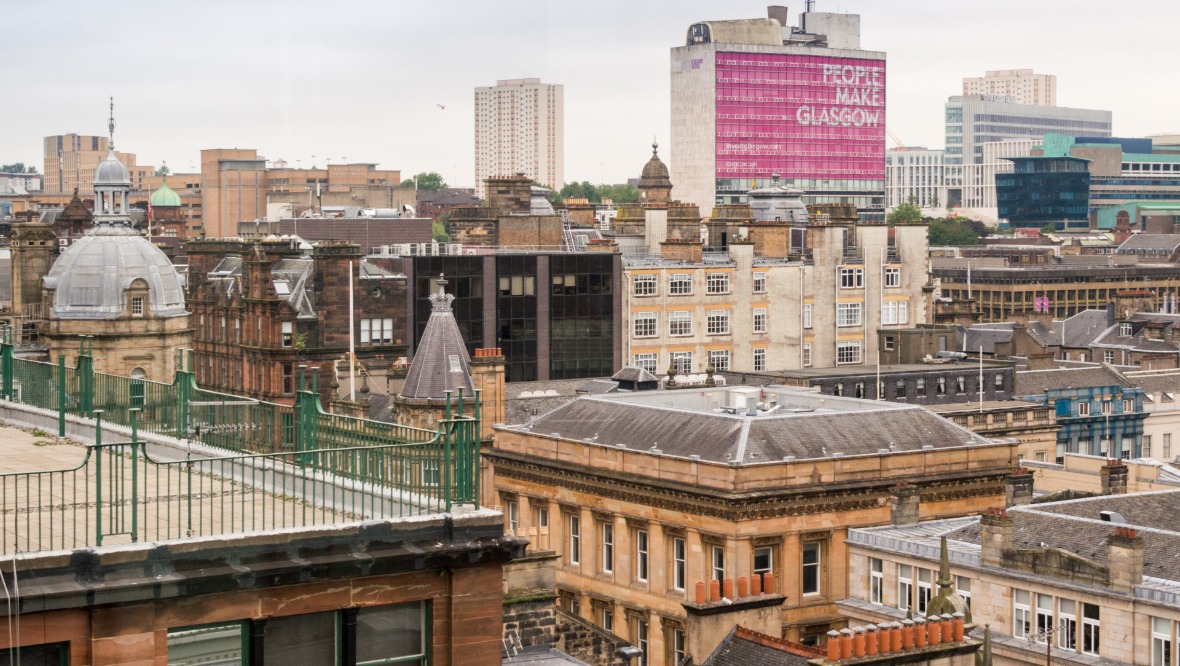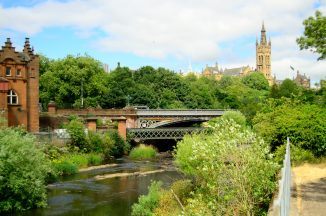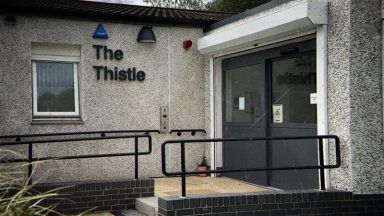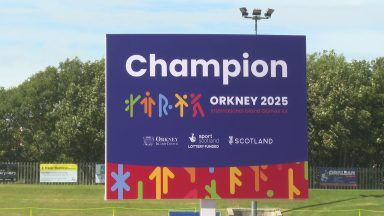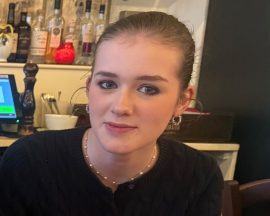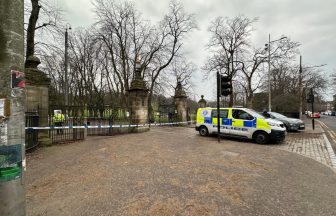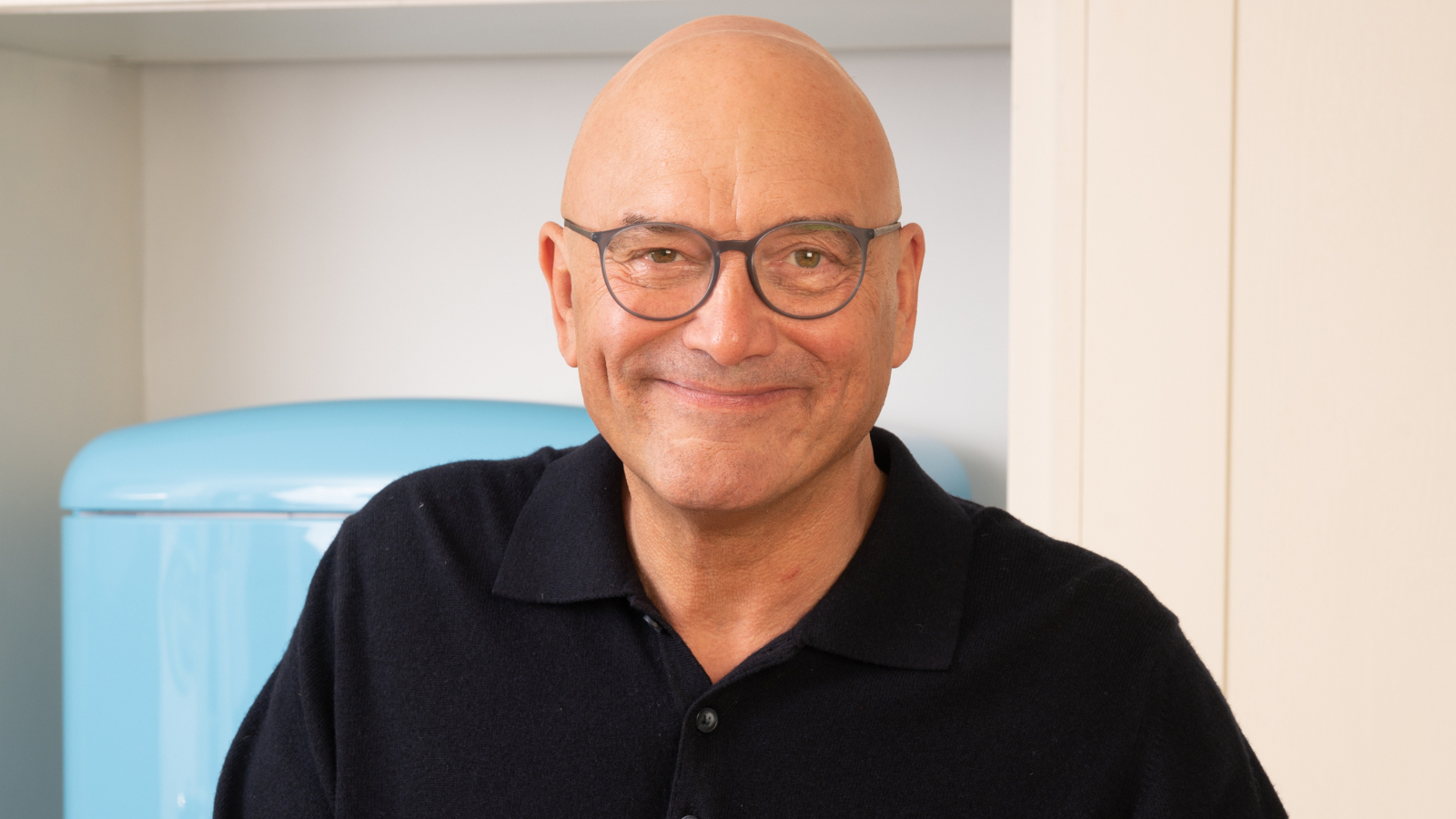City centre streets in Glasgow are set for their “biggest transformation in 50 years” when 11 projects begin in early 2025.
Council chiefs say the planned revamp of the city’s public realm – under the Avenues programme – will see the most significant change since the pedestrianisation of Buchanan Street in the 1970s.
George Square will close early next year as work gets under way, but Cllr Ruairi Kelly, SNP, said Glaswegians can be assured the “hassle will be worth it”.
Funded through the City Deal – a £1bn infrastructure programme – and other government streams, major thoroughfares including Argyle Street, the Broomielaw and Clyde Street, as well as George Square, will be transformed.
A timeline for the programme has been unveiled, which shows work on a number of projects will extend into late 2027. It means some schemes will be ongoing during the 2026 Commonwealth Games.
Avenues projects can include cycle lanes, widened footways, street trees, planting and new lighting. Glasgow City Council hopes the expansion of the programme will act as a catalyst for economic growth and help increase the number of people living in the city centre.
It is also seen as critical to the city’s net zero ambitions, giving more space to pedestrians and active travel, making more green spaces and providing hundreds of new trees which will improve drainage.
Cllr Angus Millar, SNP, city convener for city centre recovery, said there have been “multiple and overlapping challenges” in recent years, from “the legacy of the pandemic, fires, and absentee property owners to the shift to online retail and cost-of-living and inflation crises”.
However, he added the city centre is “increasingly a focal point for major investment” and “population growth”. “We have a responsibility to nurture that and create the cosmopolitan feel Glasgow deserves,” he said.
“We know from our own past that when we make these changes, Glasgow has flourished. The pedestrianisation of Buchanan Street in the 1970s was the catalyst for it becoming one of the most successful streets on these islands. But it also signalled the transformation of Glasgow away from its post-industrial past.
“We’re experiencing a similar period of transition just now and the Avenues can be the foundation for a city centre which gives people more reasons to visit, to invest in Glasgow and to make the city centre their home.”
While work is ongoing, the Get Ready Glasgow information portal, used during major events, will be in place to keep residents and businesses informed, providing a point of contact for queries and updates.
Work on Sauchiehall, Pitt and Cambridge Streets, also part of the Avenues programme, is now nearing completion.
Cllr Kelly, city convener for neighbourhood services and assets, said: “The Avenues roll-out has already been delayed by the pandemic so it’s critical that we push on with the transformation of the city centre.
“There will of course be some disruption but we’re putting in place the foundations for the next century and can assure Glaswegians that the hassle will be worth it.
“And right throughout the process we’ll ensure residents and businesses are kept informed of progress and disruption is kept to a minimum.”
Business leaders have also welcomed progress with the Avenues programme. Stuart Patrick, chief executive of Glasgow Chamber of Commerce, said the next phase is “crucial for repositioning Glasgow to meet modern economic needs”.
“While some disruption is inevitable, we are working with Get Ready Glasgow to keep businesses fully informed,” he added. “We encourage all businesses to engage with the programme to minimise any impact and ensure a smooth transition.”
Mark Napier, managing director at JPMorgan Chase’s Glasgow technology centre, which opened on Argyle street in April, said the firm had worked closely with the council on plans for the hub, which is a “key part of the wider Avenues project”.
“The end result is a world-class experience for our employees, and a development that provides additional green space, an upgraded bicycle path and improved bus facilities on Argyle Street.”
Property developers Moda Group, which opened 430 build-to-rent apartments, known as Holland Park, earlier this year, contributed £360,000 towards the Avenues project along Holland Street and Pitt Street.
James Blakey, the firm’s planning and engagement director, said the project is “a brilliant example of the long-term benefits that come from public and private organisations working collaboratively”.
Wasps Studios is bringing the Briggait Clydeside Market Halls back into use as a market and event space. Audrey Carlin, the organisation’s chief executive, said the Avenues scheme “aligns with our ambitions by fostering a more sustainable, accessible and attractive city centre, encouraging people to explore and spend more time by the river”.
“Through reanimating our section of Clyde Street with markets, cafes and events, we aim to make a significant contribution to Glasgow’s goal of a more pedestrian-friendly, vibrant city centre.”
The Avenues programme is backed by £115m of City Deal funding as well as £21.3m from active travel organisation Sustrans Scotland.
Work on George Square is expected to be finished in late 2026 while the transformation of High Street and the Broomielaw/Clyde Street will continue until late 2027. The George Street to Duke Street Avenue will be completed in 2028.
Other projects focus on Duke Street/John Knox Street, Dobbie’s Loan, South Portland Street, Cowcaddens Road, North Hanover Street and Kyle Street, Stockwell Street and St Vincent Place.
Follow STV News on WhatsApp
Scan the QR code on your mobile device for all the latest news from around the country


